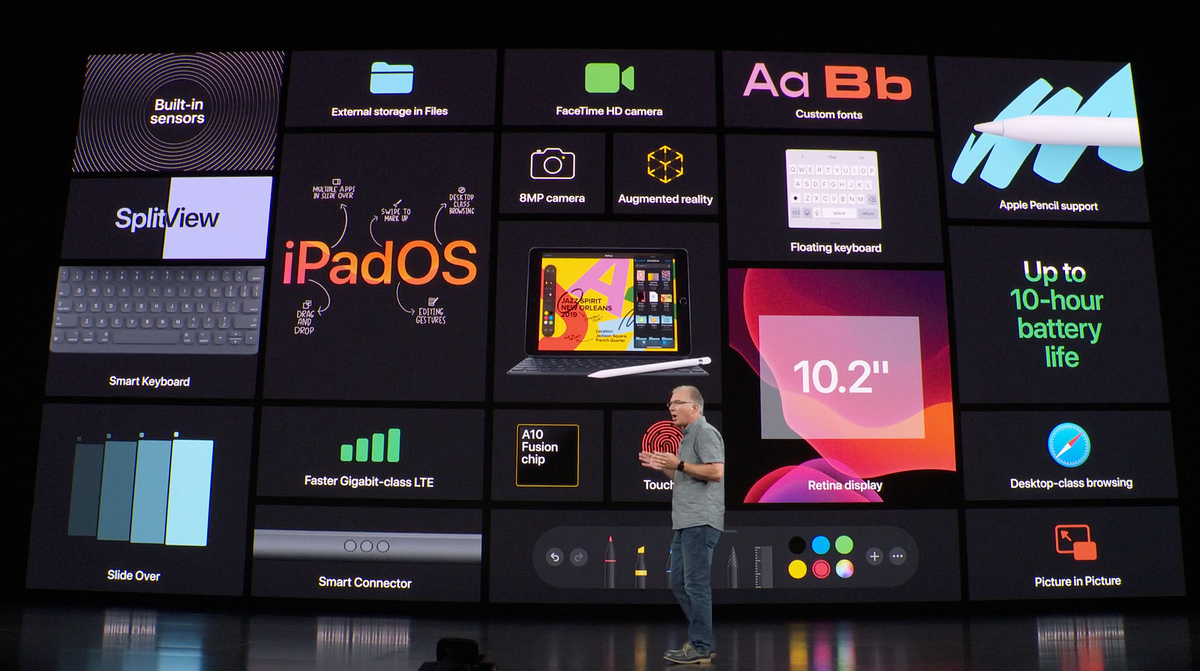In a notable shift in market dynamics, Apple Inc. has reclaimed its position as the most valuable public company in the United States, edging out Microsoft following a series of strategic announcements at its annual Worldwide Developers Conference (WWDC). The company’s recent foray into generative AI for iPhones has been a significant catalyst, propelling its stock to new heights.
On Thursday, Apple’s market capitalization closed at approximately $3.29 trillion, narrowly surpassing Microsoft’s $3.28 trillion. This achievement marks a significant milestone for Apple, whose shares increased by 0.6% on the day and have surged by 8.8% over the week. In comparison, Microsoft experienced a modest 0.1% rise in its shares on Thursday.
The resurgence of Apple in the competitive landscape follows a brief period where it was overtaken by Nvidia, which had climbed to become the second-largest public US company as of June 5. Currently, Nvidia ranks third, following both Apple and Microsoft.
Central to Apple’s recent success is its newly announced collaboration with OpenAI, the creators of ChatGPT. This partnership is poised to integrate advanced AI capabilities into iPhones, potentially revolutionizing the user experience. While this alliance promises significant innovation, it has also sparked a debate over privacy concerns. Critics have expressed apprehension about the integration of user inputs into ChatGPT’s data set, considering Apple’s longstanding commitment to user privacy and data security. This partnership represents a delicate balancing act for Apple as it seeks to maintain its reputation for safeguarding user anonymity while embracing cutting-edge technology.
Despite these concerns, the strategic pivot towards AI is seen as a potential growth driver for Apple, particularly in the context of iPhone sales and related services. The market for smartphones is increasingly characterized by longer upgrade cycles among users and economic uncertainties, particularly in key markets such as China. A robust AI integration could invigorate the market, offering compelling new features that might encourage more frequent upgrades.
However, Apple’s path forward is not without challenges. The company continues to face regulatory scrutiny in Washington, with lawmakers increasingly focused on the tech giant’s market practices and data handling policies. Navigating these regulatory landscapes will be crucial as Apple continues to innovate and expand its product offerings.
In conclusion, Apple’s recent ascent to the top of the market valuation charts underscores its resilience and strategic agility in an ever-evolving tech landscape. The company’s proactive embrace of AI, despite the attendant privacy concerns, highlights its commitment to maintaining technological leadership. As Apple navigates the complexities of market expectations, regulatory scrutiny, and consumer trust, its performance in the coming quarters will be closely watched by investors and industry analysts alike.







